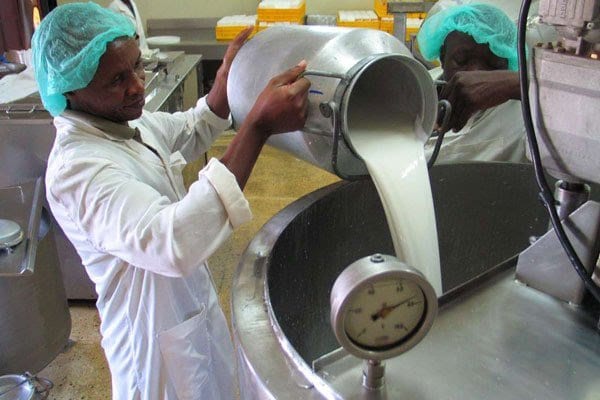Despite increased investment in the livestock industry, Nigeria has a yearly milk deficit of one million metric tonnes, necessitating the need for local breeds that have high yielding capacity.
While demand stands at 1.6million metric, Nigeria’s 19,000 herds of cattle only produce 600, 000mt and therefore spend $1.5billion importing milk yearly.
The Registrar of Nigeria Institute of Animal Science (NIAS), Professor Eustace Iyayi, while speaking at a press conference on the Institute and the Animal Science Association of Nigeria (ASAN) upcoming conference in Akwa-Ibom State, said it would take a long period for the country to meet up with local demand.
He said: “There is a big shortfall between what is needed in the country and what is produced. We need about 1.6 million metric tonnes of milk and we can only produce about 600,000 metric tonnes.”
He said the Institute is advocating the development of a local breed that has high milk yielding capacity potential.
“This is the only way to go about it but it takes time; this can take about 10 to 15 years but we need to start. If we don’t develop our breeds that have high yields, our production will be affected,” he stated.
He added that research and innovation are the key drivers of increasing agricultural production, which would reduce the country’s food import bill.
Professor Iyayi further said the outcome of the upcoming conference of the NIAS, which would be held in Akwa-Ibom State with the theme “livestock resilience in post-COVID-19 era”, will be useful for policy alignment by the government.
He said the conference would help engender developmental research, innovation platforms and practitioners’ engagement in a triple-helical model that will stimulate town-gown interaction for an economic renaissance with animal agriculture as a pivot.
Guardian







